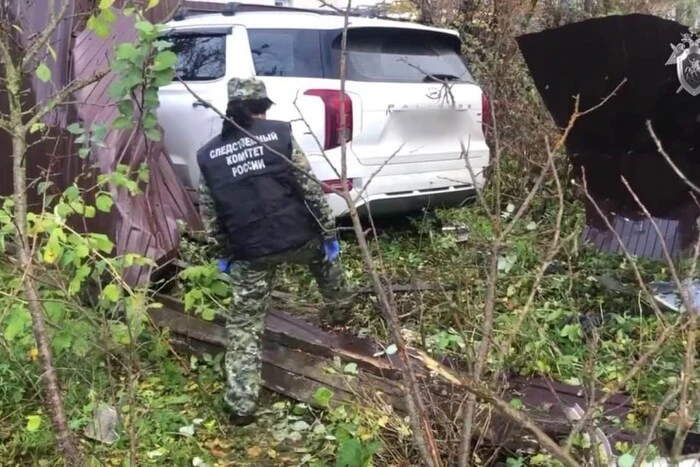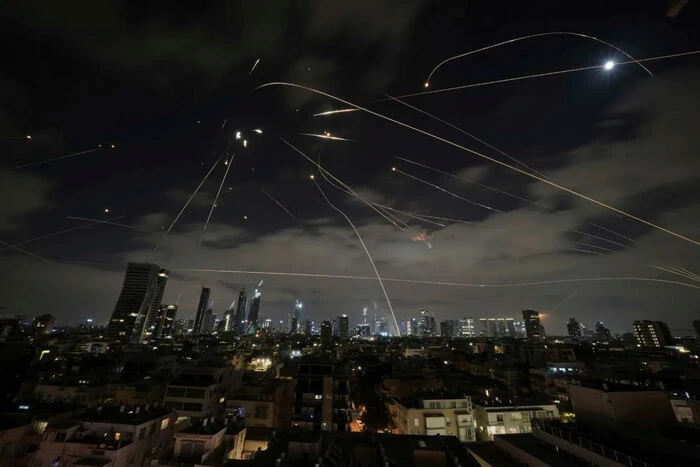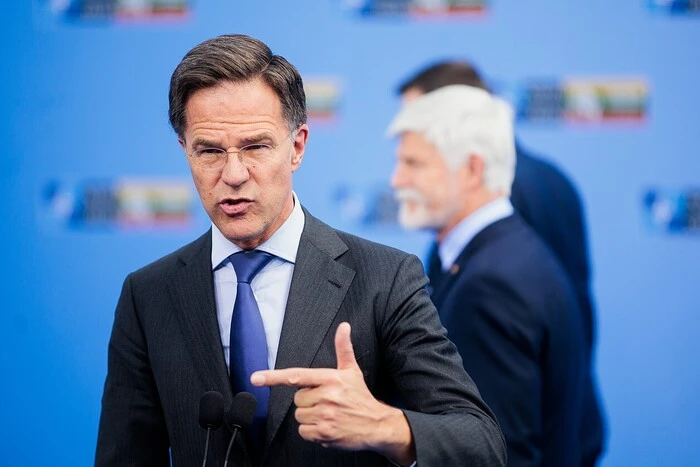In the Moscow region, a colonel who fought in Ukraine was killed.


In the Moscow region on the morning of October 16, a 44-year-old deputy commander of one of the military units, Colonel Nikita Klenkov, was shot dead. This was reported by "Current Time".
It is noted that an unknown person shot at Klenkov's car on the road in the village of Melenki, Solnechnogorsk urban district of the Moscow region. Klenkov died on the spot, his jeep continued moving until it crashed into a house fence.
The Telegram channel "Mash" writes that the shooter waited for Klenkov at the entrance to Melenki. As soon as he saw the car, he opened fire with a pistol. In total, he fired eight bullets into the colonel's car.
The TG channel "VChK-OGPU" reported that Nikita Klenkov served in one of the Russian special forces units. He returned from the front a week ago.
The Investigative Committee initiated a criminal case on charges of murder and illegal arms trafficking.
Recall that in Russia, over 400 prisoners who died in Ukraine, previously convicted of murder, drug trafficking, and rape, were commemorated. Streets are named in their honor, and commemorative plaques are hung in schools. This is reported by the Russian publication "Verstka". It is reported that during the war, at least 408 former prisoners were commemorated in 58 regions of Russia. The most - in the Saratov, Volgograd, Rostov regions, the Republic of Bashkortostan, and the Krasnodar Territory. Commemorative plaques were hung in schools, where at least 93 prisoners studied in their honor. In 15 cases, photos and names were placed on "hero desks".
Read also
- Iran struck five Israeli military targets during a 12-day war – The Telegraph
- NATO Secretary General Predicts New War
- The Occupant From Captivity Called His Mother, But She Made Up a Strange Reason Not to Talk to Him
- A Ukrainian Went to Fight for the Russians, but They Sold Him to the Ukrainian Armed Forces
- Cuban recounts how he became Putin's cannon fodder
- Trump's favorite newspaper appealed to him regarding arms supplies to Ukraine










